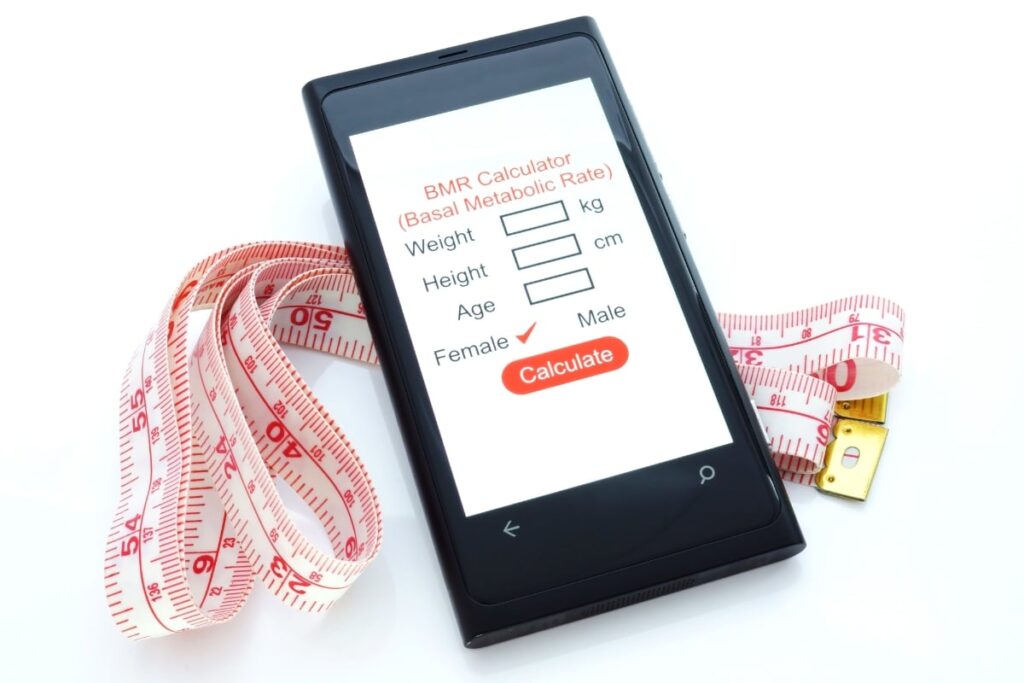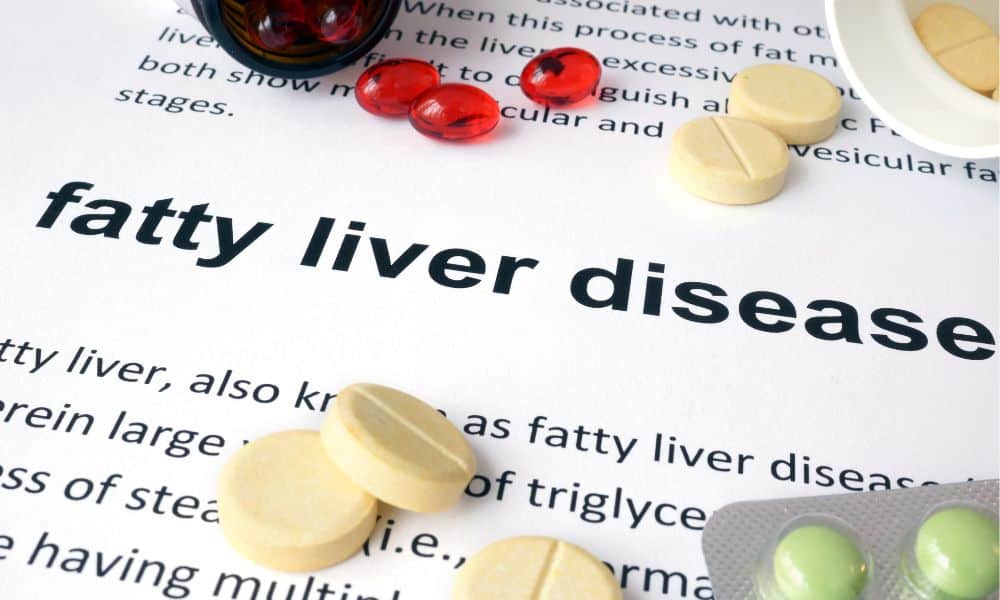To lose weight, one of the first things you should do is calculate your Basal Metabolic Rate (BMR) score. This score will indicate how many calories you should be consuming each day to reach and sustain your ideal weight. Knowing a healthy BMR score can help you understand how much food you should eat and how much exercise you need to do to achieve your goals.
What Is BMR?
Your Basal Metabolic Rate (BMR) is the number of calories your body needs to keep itself running. This includes keeping your heart beating, breathing air, digesting food, and circulating blood throughout your body. The higher your BMR, the more calories you need to stay alive and function normally.
How To Calculate Your BMR Score?
The most accurate way to calculate your BMR is by using a formula that considers factors such as age, gender, height, and weight. A simple online calculator can quickly determine this number for you. Once you have calculated your BMR score, it’s essential to understand what it means so that you can adjust your lifestyle accordingly.
What Is A Healthy BMR Score?
Generally speaking, if your BMR falls between 1,200-1,500 calories per day for women or 1,500-2,000 calories per day for men, it is considered “healthy” or “normal.” However, this range can vary from person to person depending on their circumstances, such as activity level and muscle mass.
A good rule of thumb is multiplying your body weight by 10 for a healthy BMR. Therefore a man that weighs 200 pounds, if healthy, would have a BMR of 2000 (200 x 10).
It’s important to remember that everyone has different metabolic rates, so it’s best to consult with a nutritionist or dietitian if you want an accurate assessment of what is a healthy BMR score for you specifically.
Also, many people have an unhealthy BMR due to poor diet and exercise. Finally, the organs that makeup 51% of your BMR are your brain, kidneys, liver, and heart. Thus like these organs, your BMR can fluctuate during the day.
Conclusion on What Is a Healthy BMR?
Knowing a healthy BMR score can give insight into how many calories are necessary for maintaining a healthy weight and lifestyle. Everyone’s body is different, so it’s important to remember that there isn’t one “right” answer when calculating a healthy basal metabolic rate.
It depends on individual factors such as age, gender, height, and weight. That being said, understanding what constitutes a healthy BMR score can provide valuable insight into how many calories are suitable for achieving optimal health goals in the short-term and long-term future!
If you or someone you know is considering weight loss, share this article on Facebook or Twitter so that others can learn more about losing weight.




